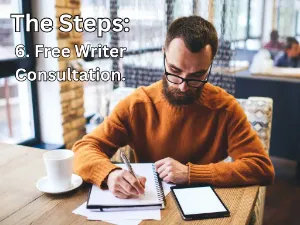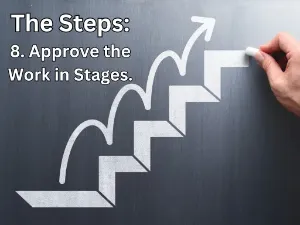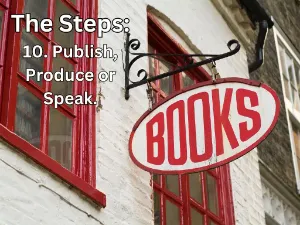There is a stereotype out there about writers. They’re talented and frustrated and hit the bottle way too often. Maybe the reason some talented writers are frustrated and drink to excess is because of what they’re asked to write. Example:
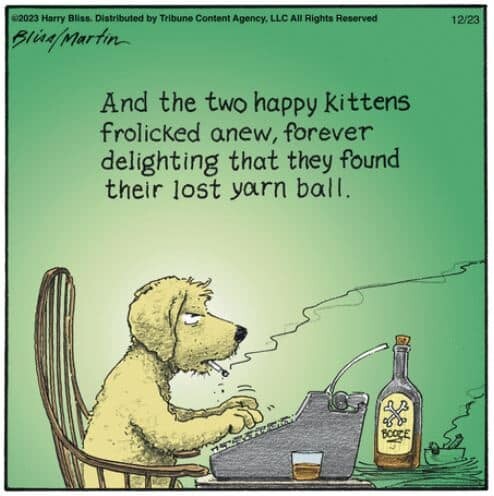

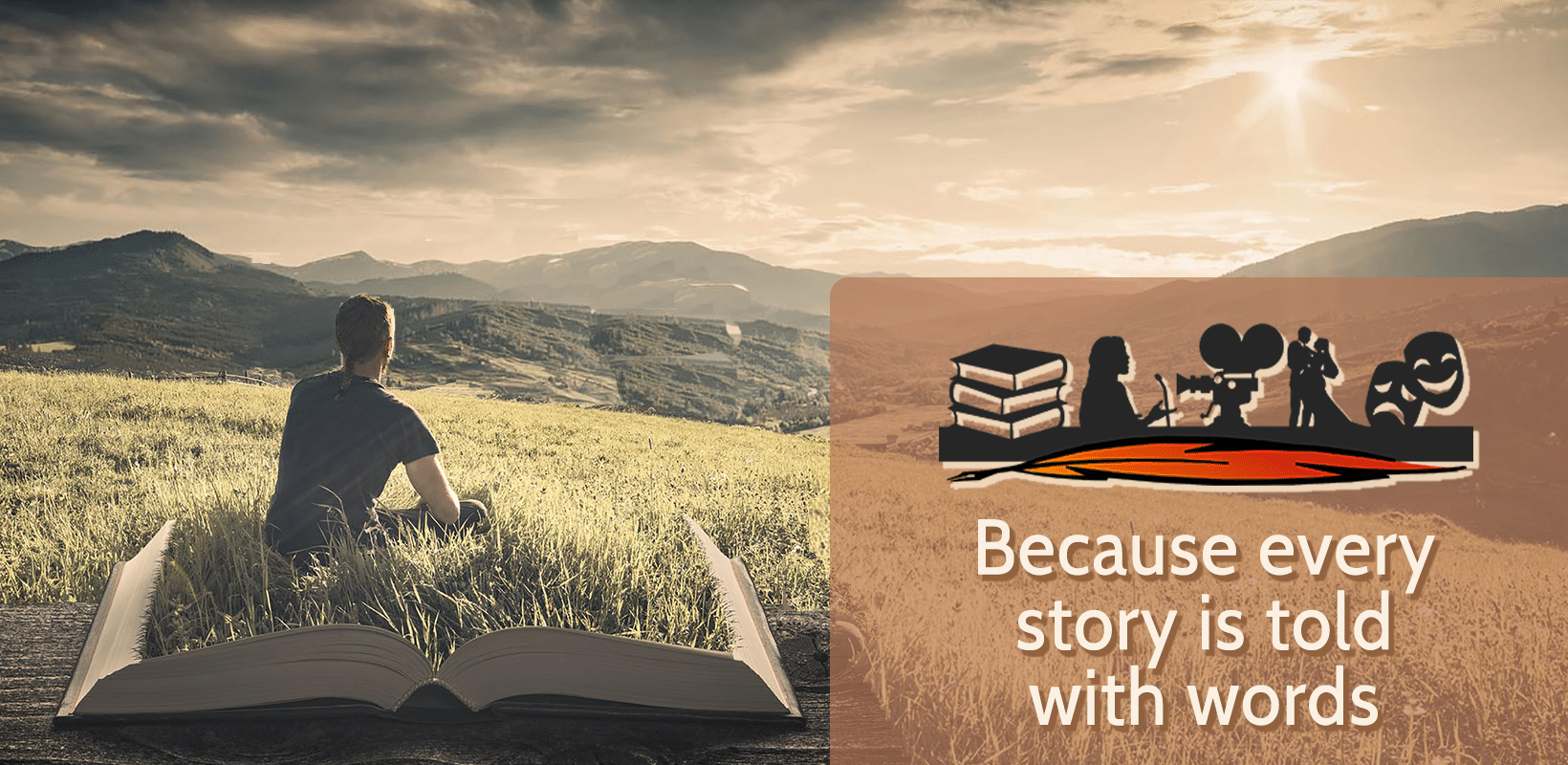
Books aren’t written, they’re rewritten. Including your own. It is one of the hardest things to accept, especially after the seventh rewrite hasn’t quite done it.
A writer without interest or sympathy for the foibles of his fellow man is not conceivable as a writer.
The fact is, I don’t know where my ideas come from. Nor does any writer. The only real answer is to drink way too much coffee and buy yourself a desk that doesn’t collapse when you beat your head against it.
I have long felt that any reviewer who expresses rage and loathing for a novel is preposterous. He or she is like a person who has just put on full armor and attacked a hot fudge sundae or banana split.
When writing a novel, that’s pretty much entirely what life turns into: “House burned down. Car stolen. Cat exploded. Did 1,500 easy words, so all in all it was a pretty good day.”
Do you know what a playwright is? A playwright is someone who lets his guts hang out on the stage.
It is only natural to pattern yourself after someone. But you can’t just copy someone. If you like someone’s work, the important thing is to be exposed to everything that person has been exposed to.
If the sex scene doesn’t make you want to do it — whatever it is they’re doing — it hasn’t been written right.
I do not over-intellectualize the production process. I try to keep it simple: Tell the damned story.
I have a structured songwriting process. I start with the music and try to come up with musical ideas, then the melody, then the hook, and the lyrics come last.
Asking a working writer what he thinks about critics is like asking a lamppost how it feels about dogs.
Writing a novel is like driving a car at night. You can only see as far as your headlights, but you can make the whole trip that way.
Reading and weeping opens the door to one’s heart, but writing and weeping opens the window to one’s soul.
If my poetry aims to achieve anything, it’s to deliver people from the limited ways in which they see and feel.
Everybody walks past a thousand story ideas every day. The good writers are the ones who see five or six of them. Most people don’t see any.
If you haven’t got an idea, start a story anyway. You can always throw it away, and maybe by the time you get to the fourth page you will have an idea, and you’ll only have to throw away the first three pages.
































